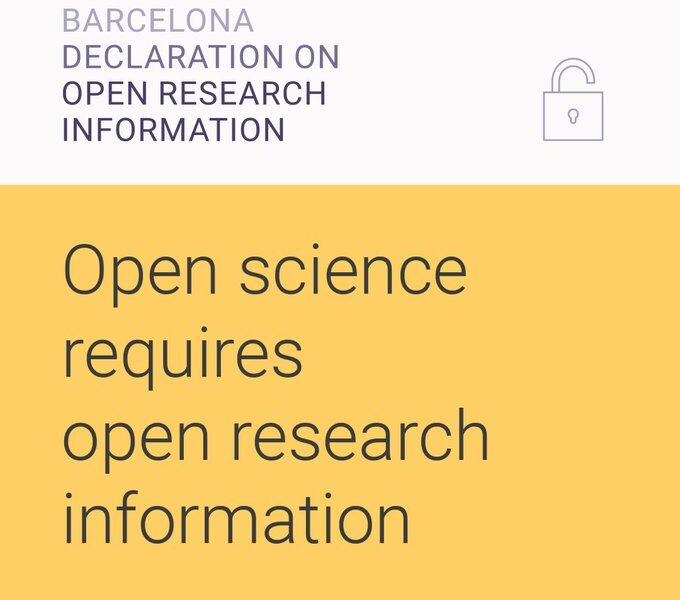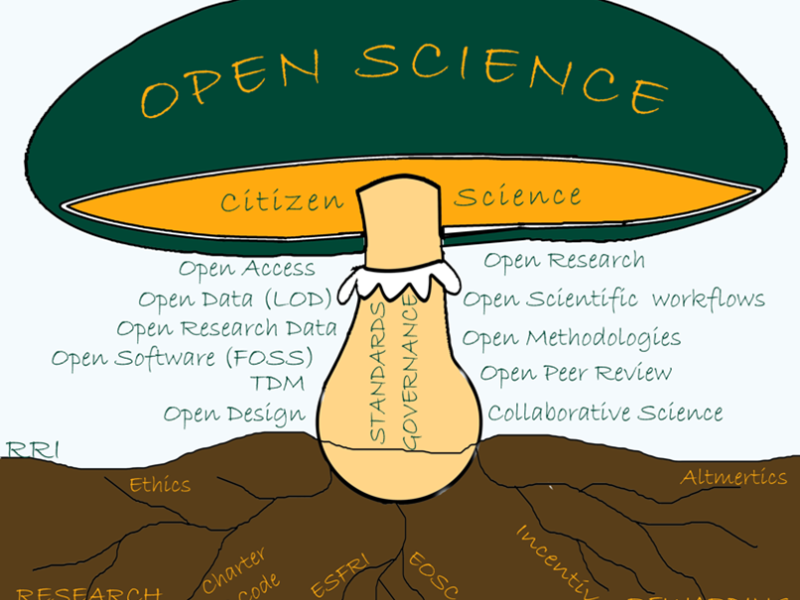
Open Science Ethics
Open Science Ethics https://opusproject.eu/wp-content/uploads/2023/05/dfadfg-1024x659.png 1024 659 Open and Universal Science (OPUS) Project Open and Universal Science (OPUS) Project https://opusproject.eu/wp-content/uploads/2023/05/dfadfg-1024x659.pngThe field of open science has been gaining increasing attention in recent years, as researchers and academics seek to make research findings and data more accessible and transparent. At the core of open science is the idea of making research freely available to the public, enabling others to build on existing findings and contribute to the advancement of scientific knowledge. However, as with any approach to science, there are ethical considerations that must be taken into account.
Firstly, open science must ensure that the privacy and confidentiality of research participants are protected. Researchers must ensure that data collected from participants is anonymized and stored securely, so that individuals cannot be identified. Additionally, informed consent must be obtained from participants, so that they understand the risks and benefits of participating in research, and can make an informed decision about whether to take part.
Secondly, open science must ensure that credit is given where credit is due. Researchers who have contributed to the development of research findings or data must be acknowledged and cited appropriately. This helps to ensure that researchers receive recognition for their contributions and are incentivized to continue contributing to the advancement of scientific knowledge.
Thirdly, open science must ensure that research findings are disseminated in a responsible and accurate manner. This means that research findings must be communicated clearly and honestly, without misrepresenting or exaggerating the results. Additionally, research findings must be placed in the proper context, so that the public can understand the limitations of the study and the implications of the findings.
Finally, open science must ensure that research is conducted in an ethical and responsible manner. Researchers must adhere to ethical guidelines and principles, such as those laid out in the Declaration of Helsinki and the Belmont Report, which outline the ethical considerations that must be taken into account when conducting research with human participants.
To sum up, the ethics of open science must be carefully considered in order to ensure that research is conducted in a responsible and transparent manner. By protecting the privacy and confidentiality of research participants, giving credit where credit is due, disseminating research findings accurately and responsibly, and adhering to ethical guidelines and principles, open science can help to advance scientific knowledge in an ethical and responsible manner.
Picture illustration: Eos
- Posted In:
- Open Science News




